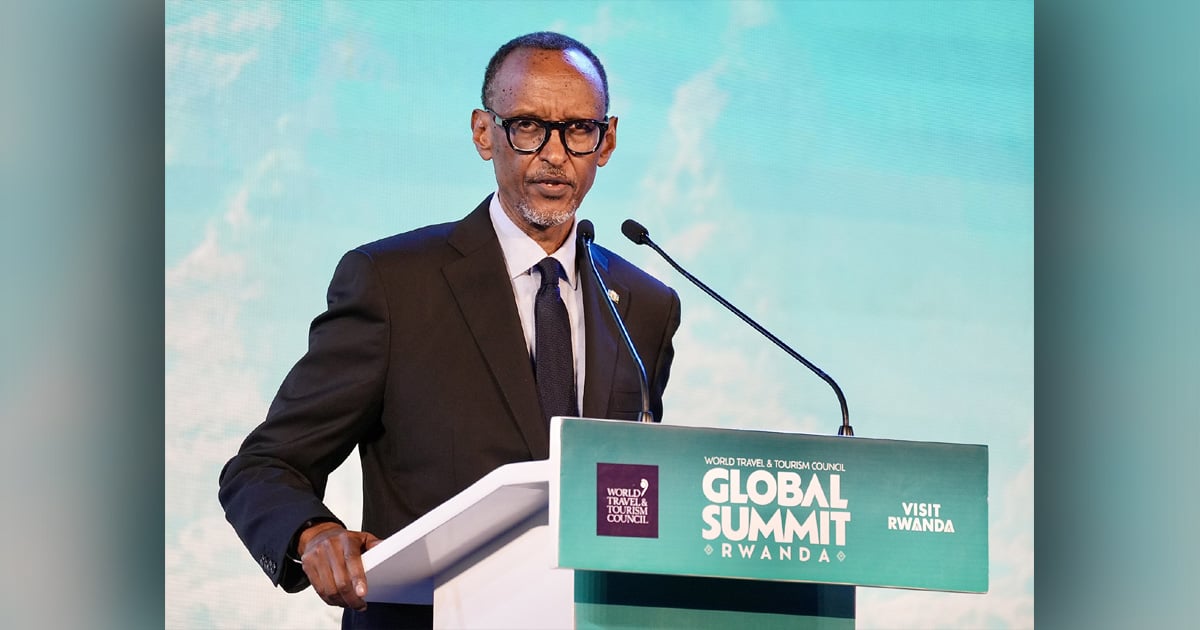
Photo: World Travel & Tourism Council (cc)
In 2018, the Rwandan government introduced legislation requiring churches to comply with new regulations. At the time, more than 7,000 churches were closed due to alleged health, safety and noise issues. Other restrictions banned pastors from encouraging long fasts, mandated increased financial disclosure, and required church leaders to hold a degree in theology. While thousands of churches were closed at the time, other congregations were given five years to comply with the demands.
Starting in July of this year, the governing officials began a campaign to further enforce their regulations. According to a statement from the Rwanda Governance Board, which oversees the country's places of worship, 14,000 prayer houses were inspected in July. As a result, 70 percent of the investigated church groups were closed for "noncompliance with established regulations, including registration, building codes, safety, hygiene/sanitation, and financial or other exploitation of followers."
Many of the affected congregations are small, independent Pentecostal churches; some of which had been meeting in caves or by riverbanks. By contrast, the more established churches (including those that are part of an umbrella organization) were, for the most part, unaffected. This is likely due to the fact that smaller congregations without an association of affiliated churches usually lack the financial resources required for meeting the authorities' expectations – whether it be adequate greenery, painted walls, air conditioning, security cameras, and other expensive upgrades. The leaders of at least one denomination have since called on their churches to contribute to a fund that aims to help reopen the forcibly closed places of worship.
Along with shutting down congregations for noncompliance, the country's president, Paul Kagame, recently condemned "mushrooming churches" that supposedly "squeeze even the last penny from poor Rwandans." During his speech, he also proposed a tax on church collections in order to prevent Christian leaders from allegedly enriching themselves on the backs of Rwandan citizens.
Pray for greatly needed encouragement on behalf of the many believers throughout Rwanda who have been forced to close down their places of worship. May God mightily intervene in each of their situations so that our Rwandan brothers and sisters in Christ will be granted opportunities for fellowship and spiritual growth. Additionally, pray that the country's governing officials will be willing to work with the congregations that are not able to meet the strict requirements, reaching an amiable resolution so their churches will be permitted to reopen. Ultimately, despite the barriers that have recently been put in place by the authorities, pray that the message of salvation through faith in Christ will continue to spread across the nation of Rwanda.

